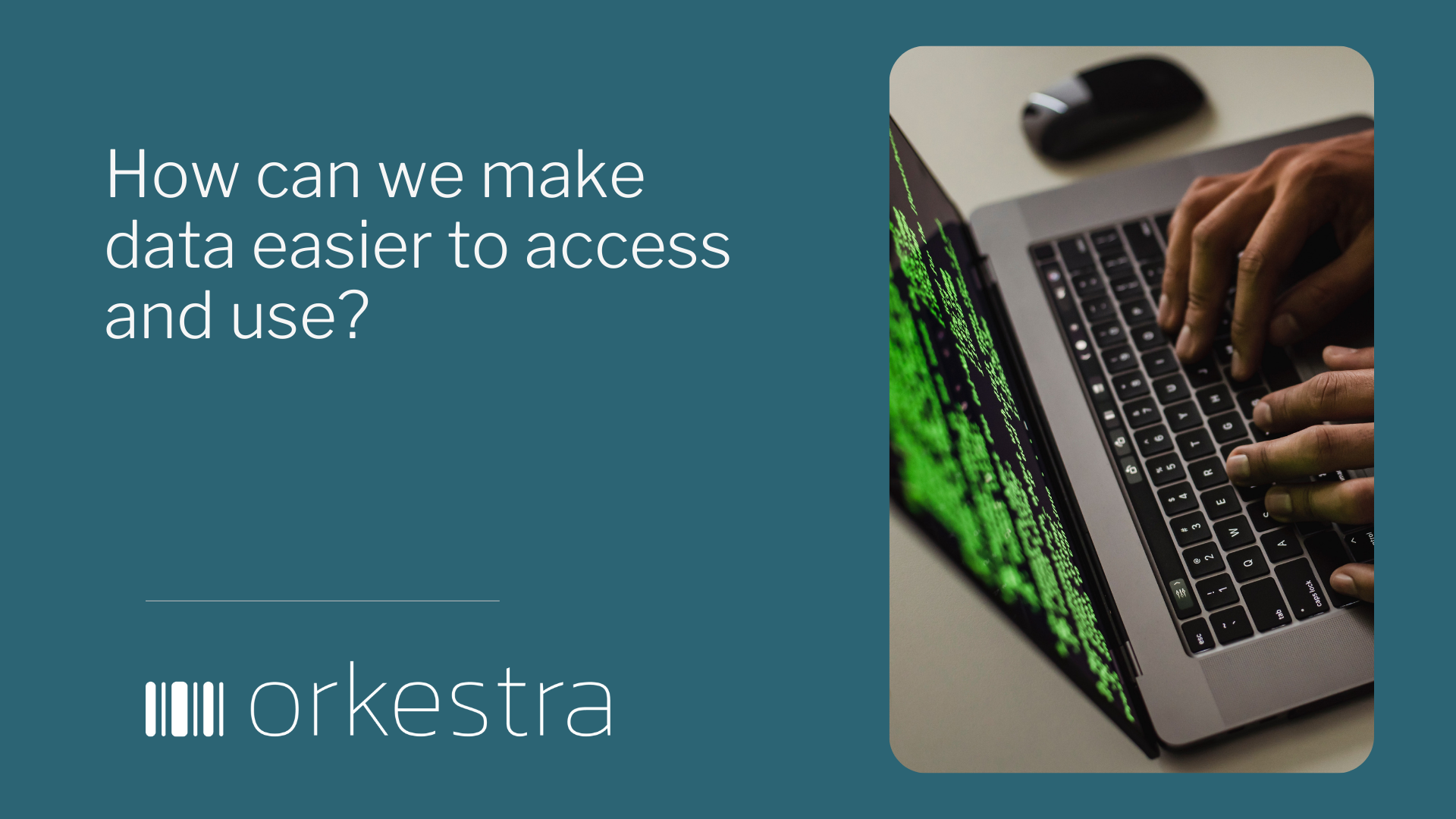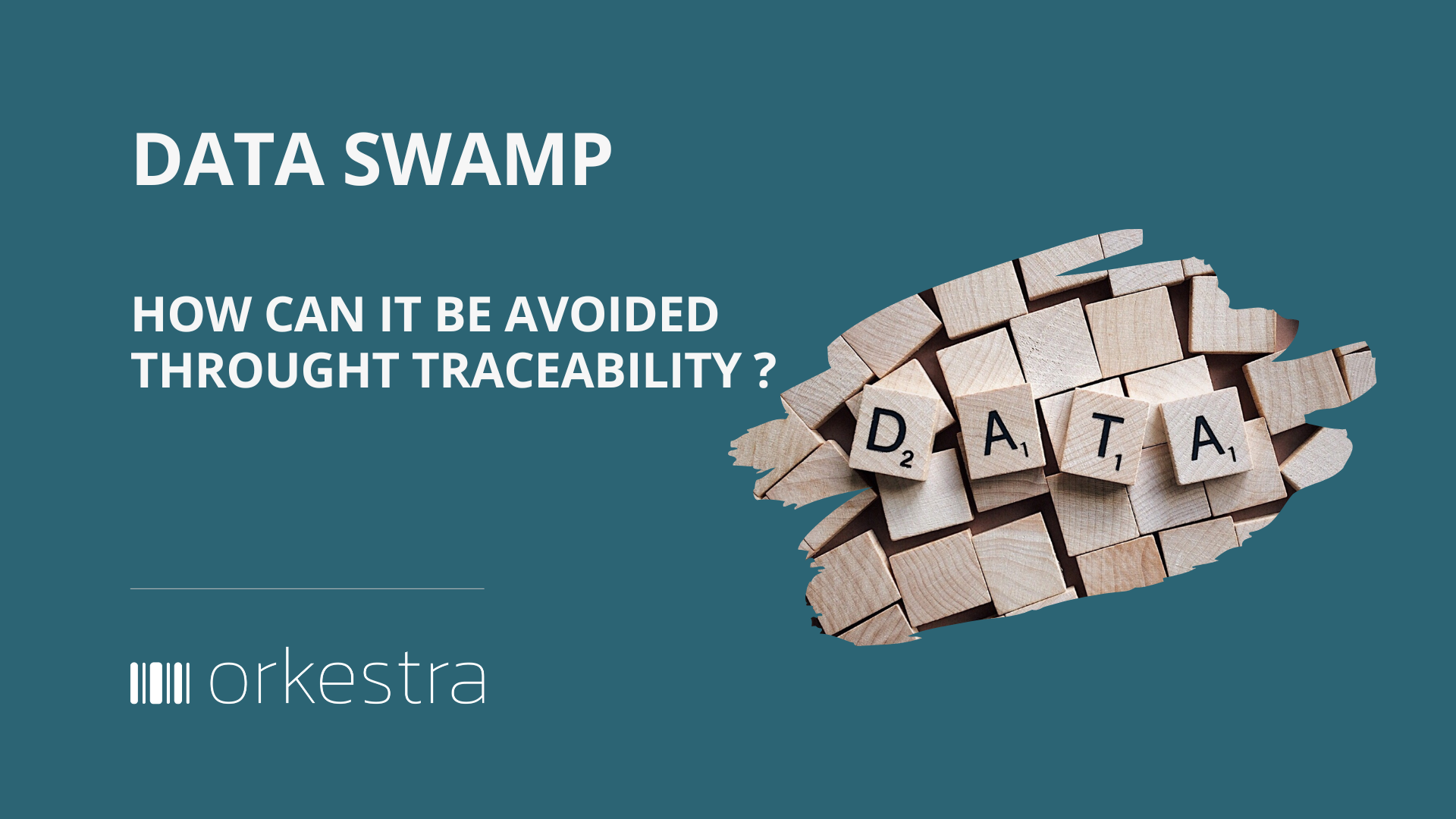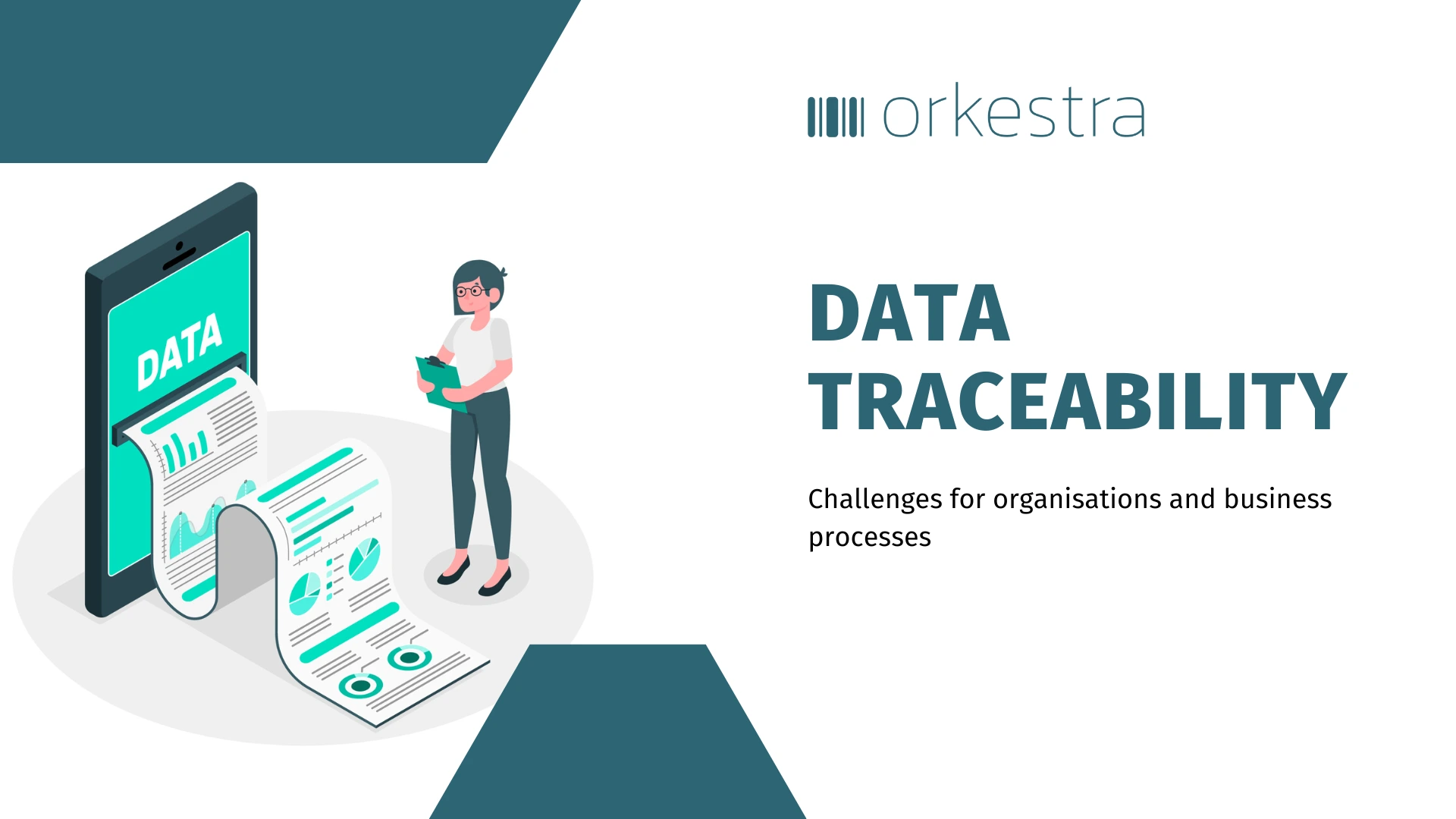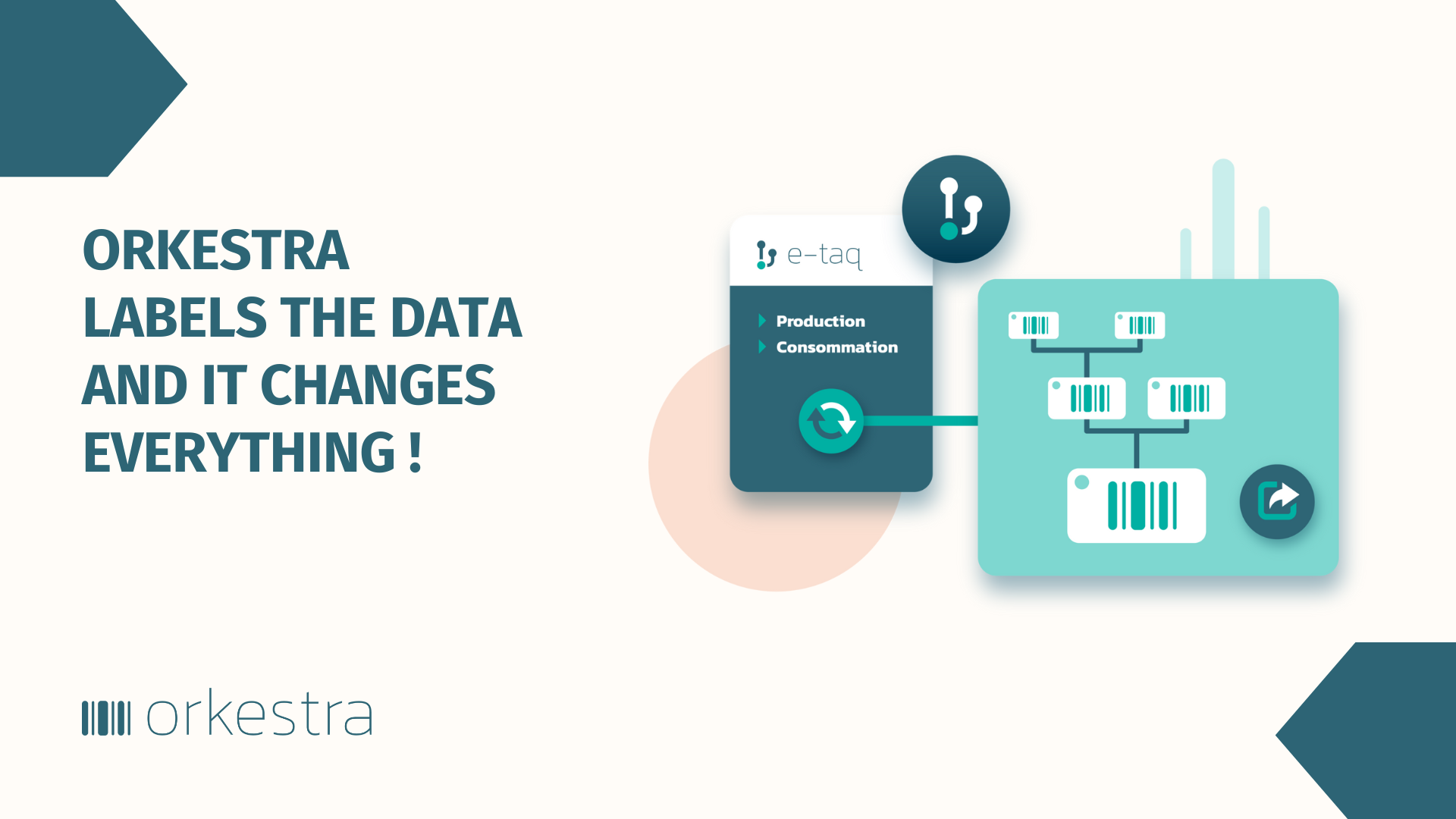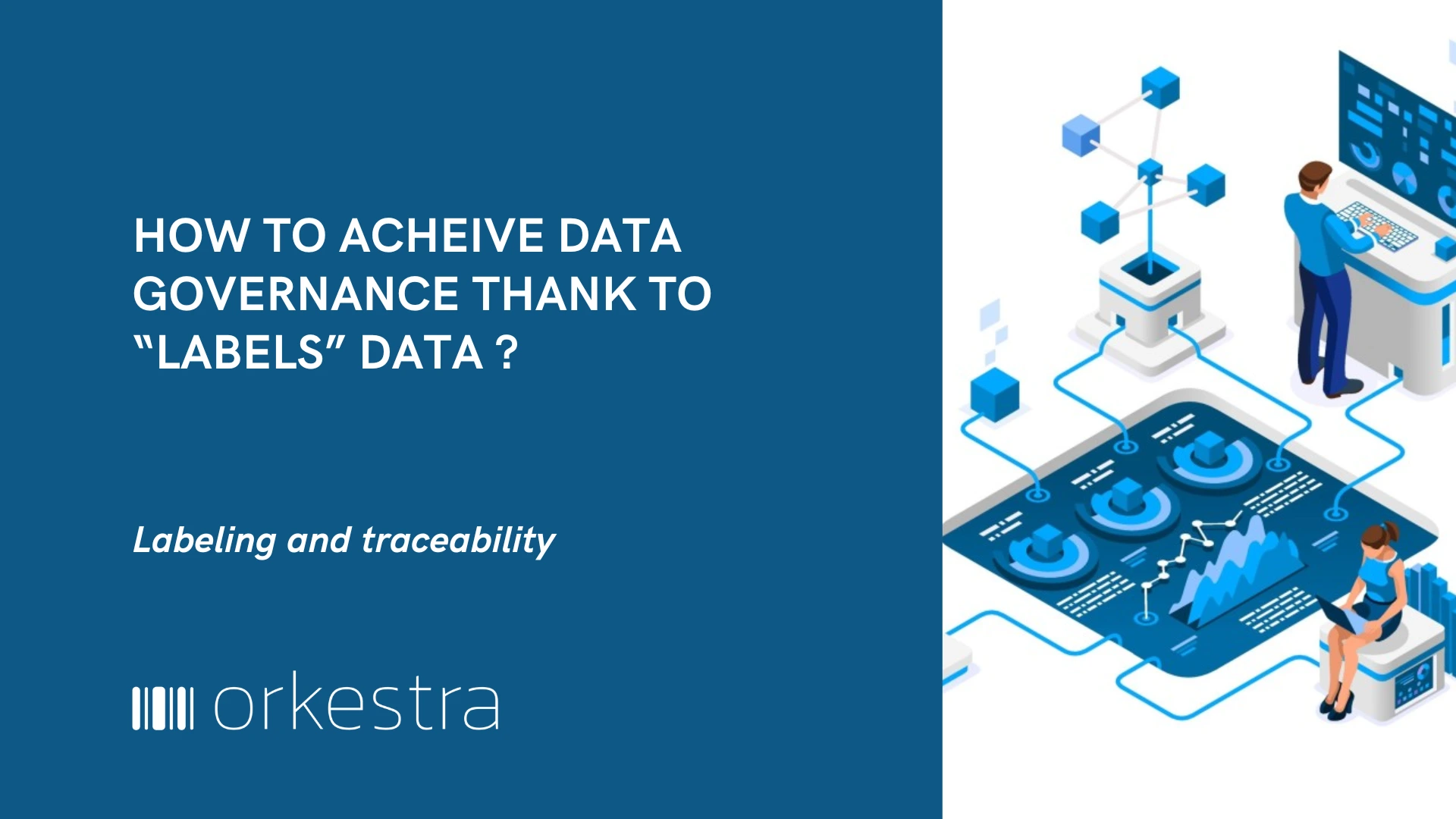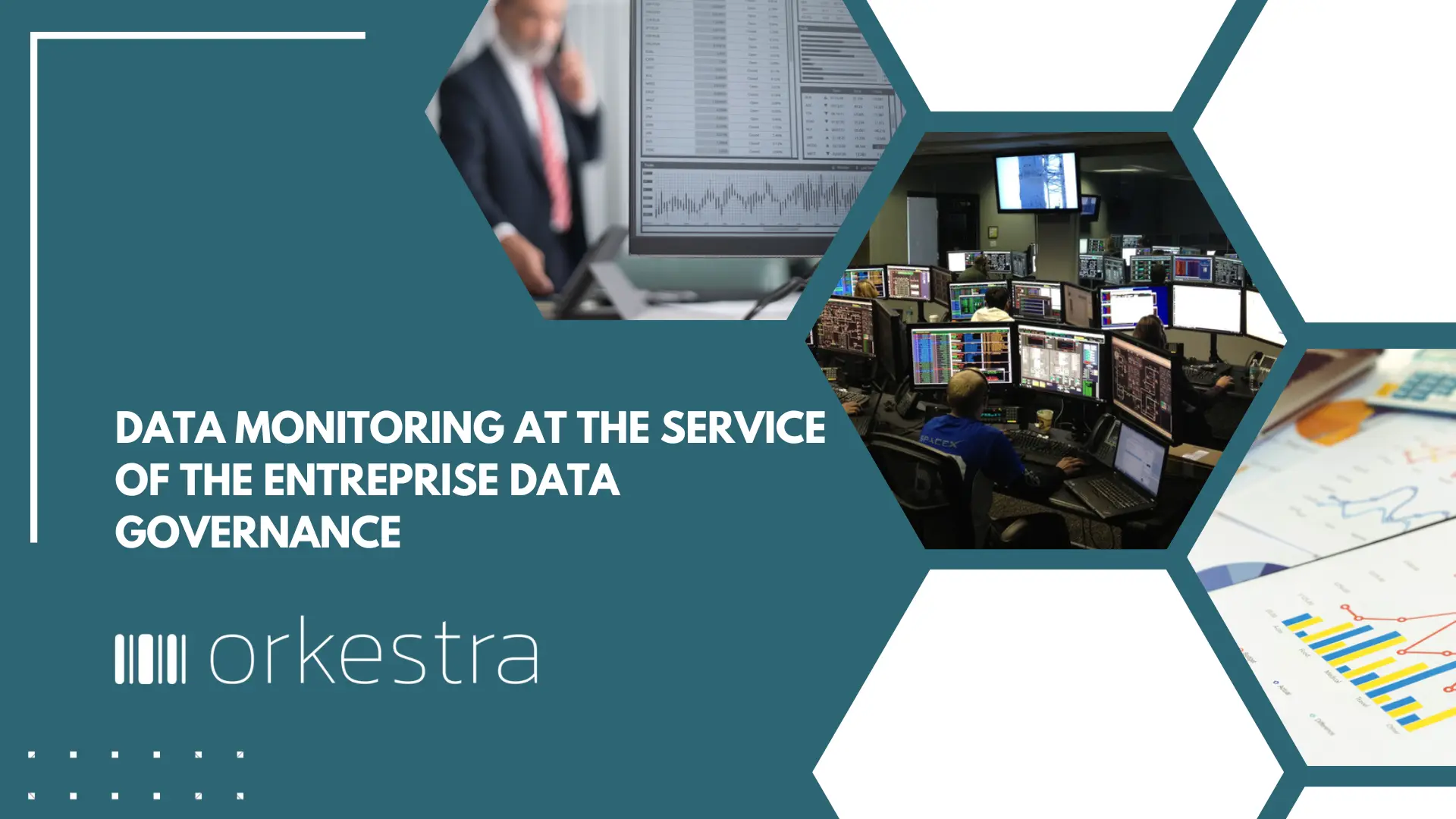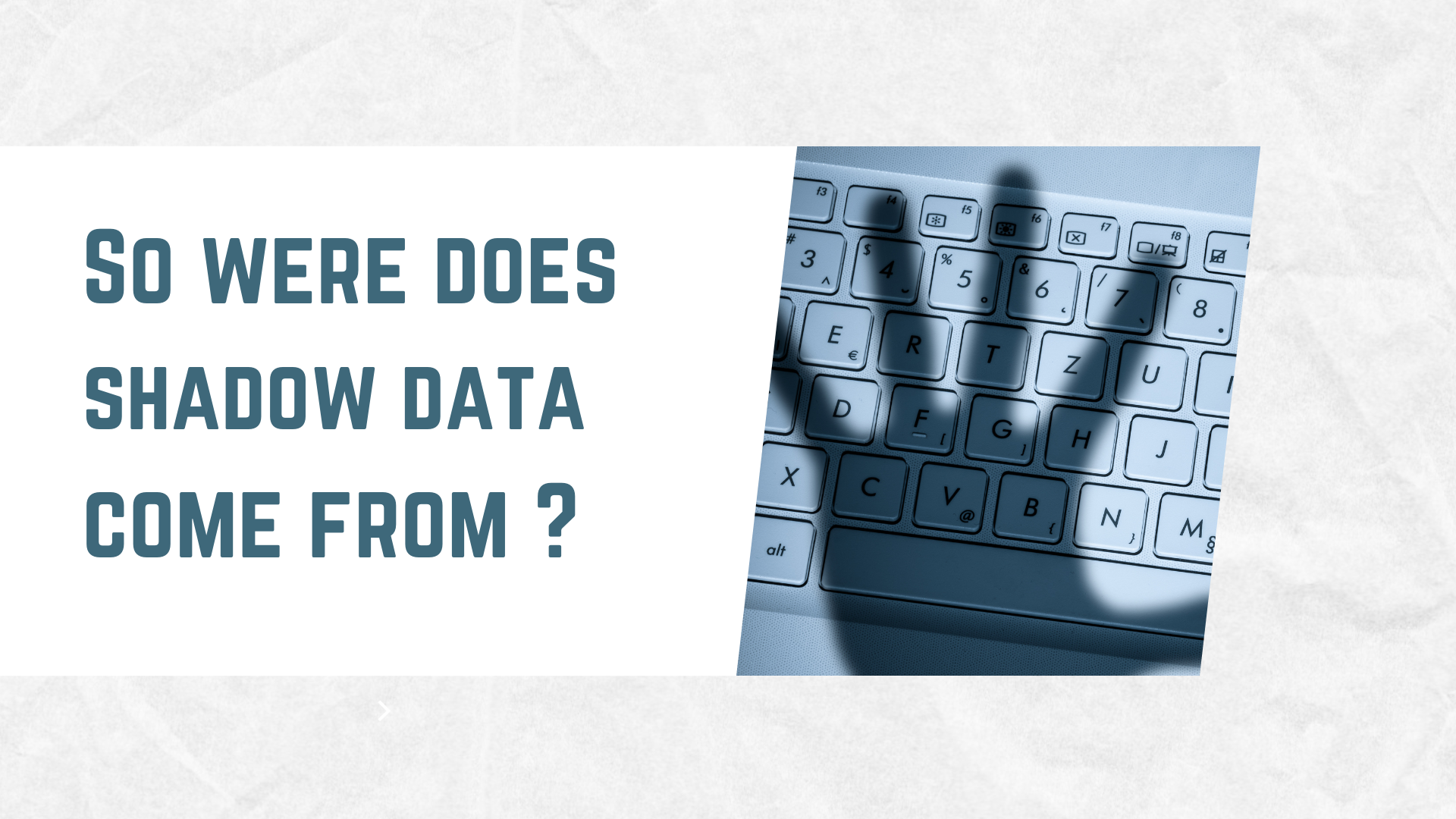Data traceability has become a major issue.
By implementing effective data traceability systems, organizations can protect the privacy of individuals, guarantee the security of their systems, comply with data protection regulations, assume their social responsibilities and optimize their processes.
Let’s take a closer look at these famous processes:
Data traceability is a key element of quality and compliance management in business processes. It enables the provenance, movement and transformation of data to be tracked throughout its lifecycle, from creation to deletion.
The challenges of traceability
The challenges of data traceability in business processes are many and varied:
- Compliance : Traceability ensures that business processes comply with current regulations on data protection, security and governance. This is particularly important in regulated industries such as finance, healthcare and pharmaceuticals.
- Quality : Traceability ensures data quality by providing a means of tracking data provenance, integrity and consistency. This minimizes errors and inconsistencies in business processes, which can have an impact on the quality of end products or services.
- Decision-making : Enables companies to make more informed decisions by providing a complete view of data history and usage. This helps identify trends, bottlenecks and opportunities for improving business processes.
- Transparency : It provides greater transparency to internal and external stakeholders, such as customers, suppliers, regulators and shareholders, by showing how data is managed and used throughout business processes
To summarize, the traceability of data in business processes is essential to ensure compliance, quality, transparency and informed decision-making. Companies striving to improve their data management should therefore make this process a priority and put in place the necessary tools and processes to ensure traceability throughout the data lifecycle.


